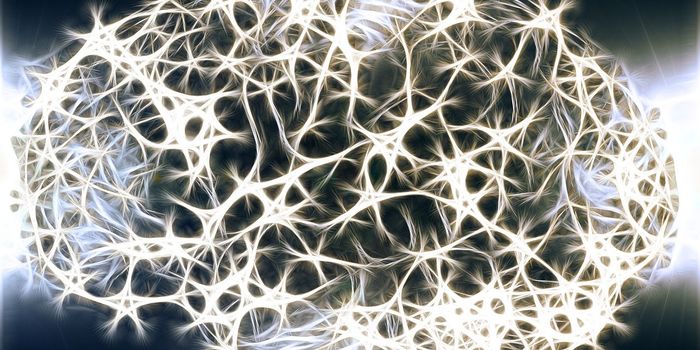Splice and Dice: Zeroing in on Rare Gene Variants in Alzheimer's
DNA is the four-letter language that codes for genes, “paragraphs” of DNA information that carry specific instructions required to synthesize proteins. mRNA molecules read out a gene to produce one of the estimated 20,000 different proteins of the human body.
Fascinatingly, a phenomenon called alternative splicing enables a single gene to code for multiple proteins. Here, different combinations of exons (or the portion of the gene that codes for amino acids) are cut out. As a result, the proteins translated from alternatively spliced mRNA (or splice variants) contain different amino acid sequences and consequently divergent biological functions.
Alternative splicing is a standard feature of eukaryotic genetics and serves to amplify the biodiversity of proteins that the genome can encode. In humans, for instance, it’s estimated that around 95 percent of genes with multiple exons have splice variants.
This process is also of particular interest to researchers studying neurodegenerative and neurodevelopmental disorders. Specific splice variants are frequently found in patients diagnosed with these conditions. Now, with a helping hand from artificial intelligence, neuroscientists can finally deepen their understanding of how alternative splicing influences Alzheimer’s development and progression. The research was published in PNAS.
A team from the Korea Brain Research Institute has used a deep learning-based tool for analyzing the transcriptome—a collection of all the gene readouts present in a cell, including splice variants. This platform is called Splice-AI.
With Splice-AI, team lead Jae-Yeol Joo and colleagues uncovered 14 novel splice variants in the human PLCg1 gene. Previously, rare variants of this gene have been shown to be associated with late-onset Alzheimer’s disease. However, without the right tools, progress made into understanding their clinical relevance has been slow.
Splice-AI has helped pinpoint the precise splicing sites connected with Alzheimer’s: Exon 26 of the human PLCg1 gene.
Speaking on the significance and future applications of this data, Joo said: “Our research will give valuable information and technique for various human diseases, and through the convergence and utilization of brain research with AI technology, which is the core of the Fourth Industrial Revolution, to understand various diseases including AD, we will be able to obtain critical information for diagnosis and treatment strategy."
Sources: PNAS, EurekAlert!









